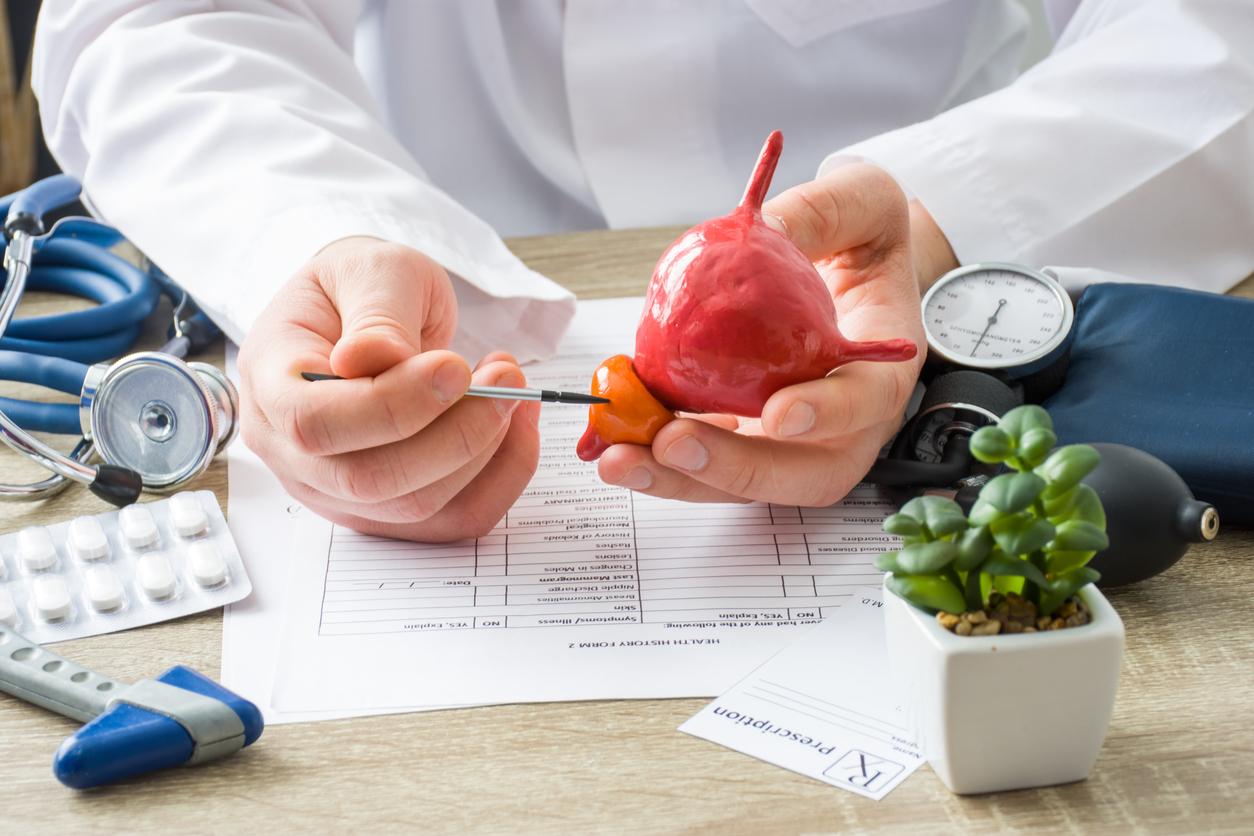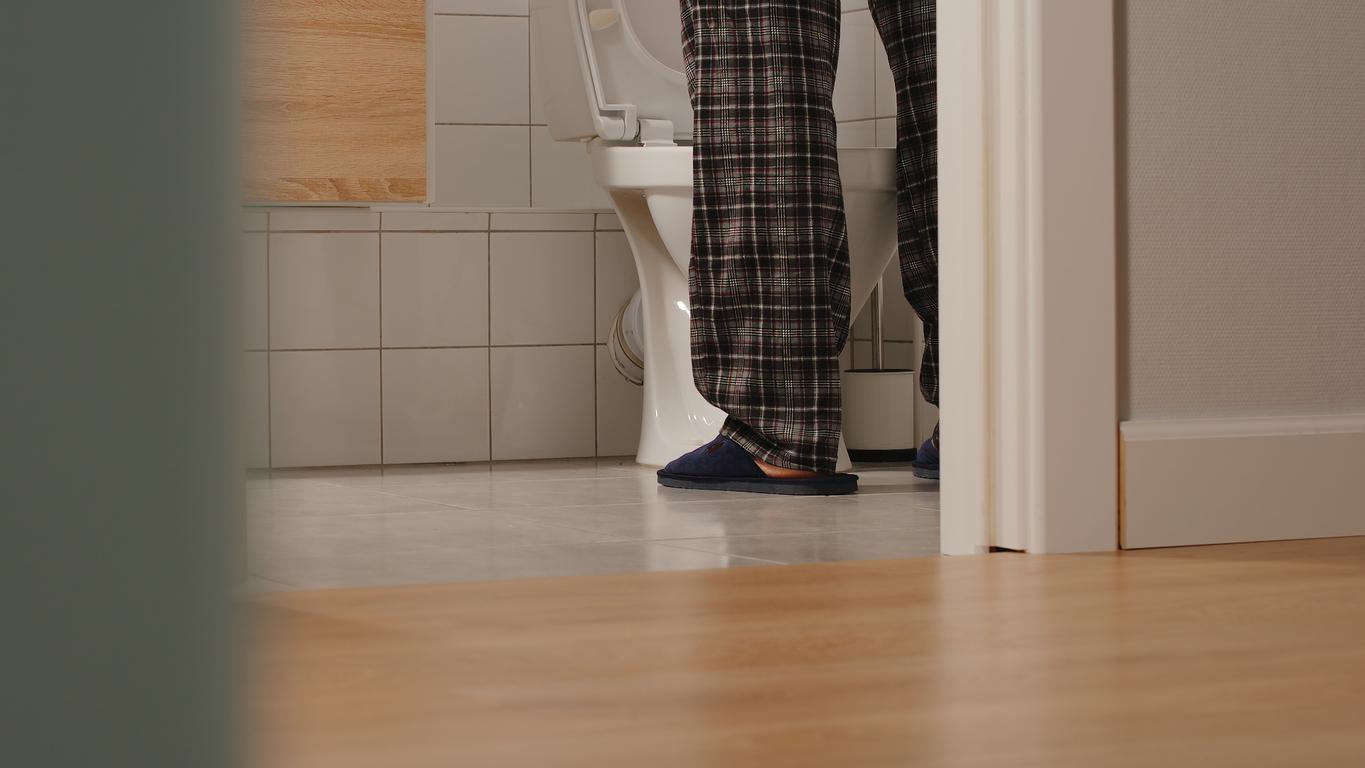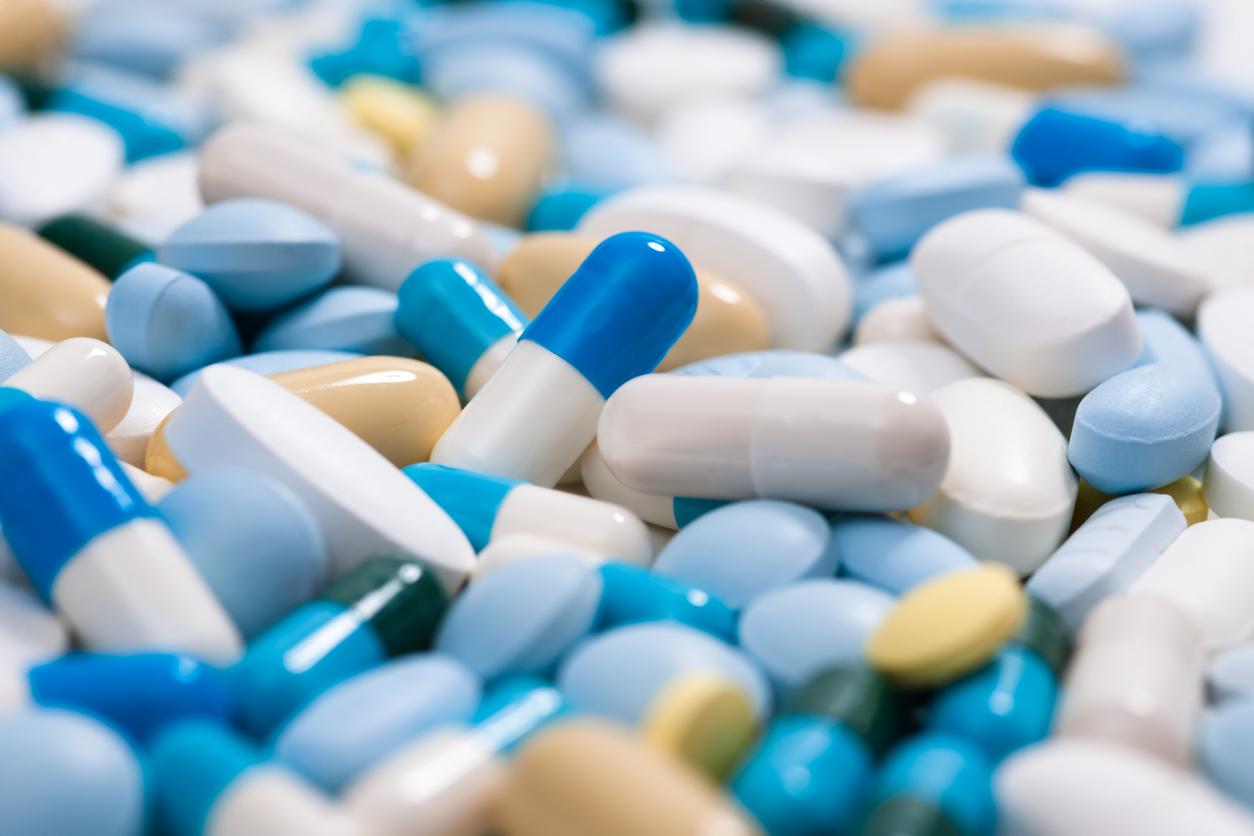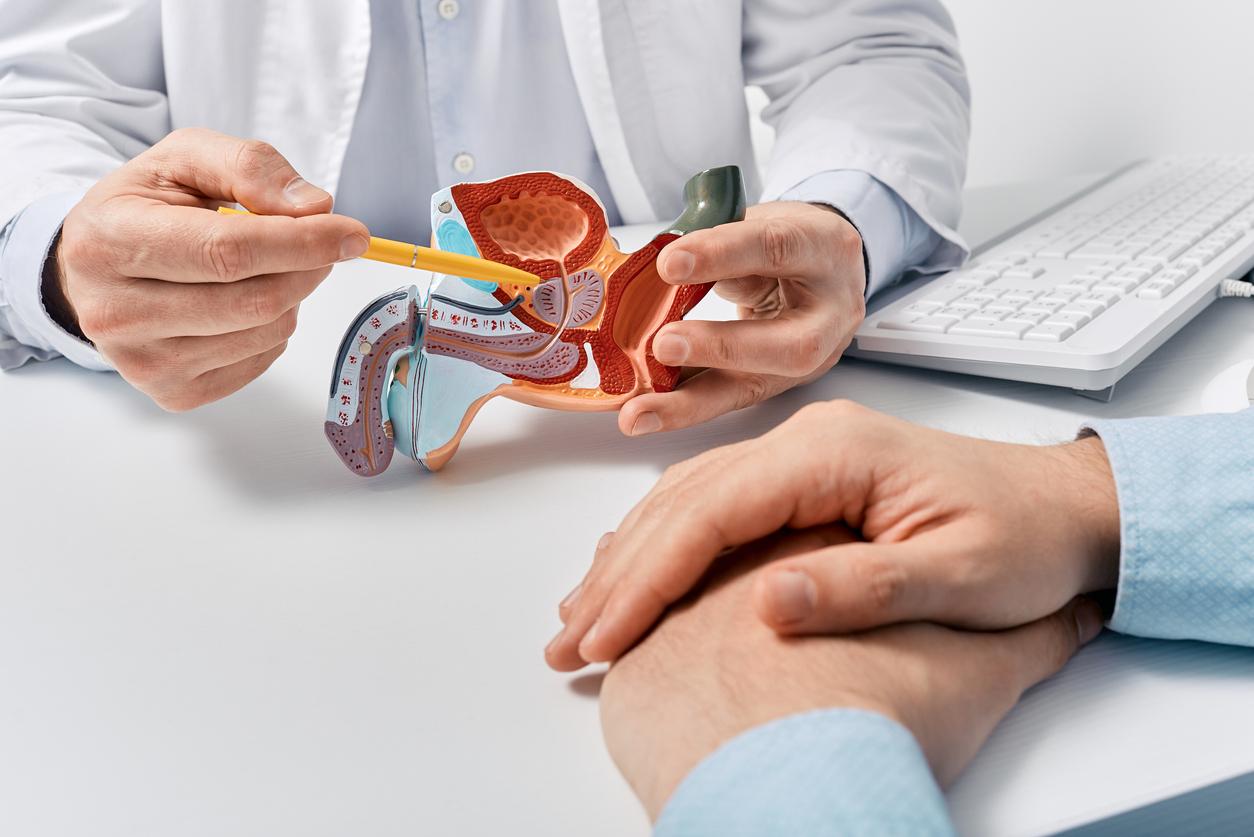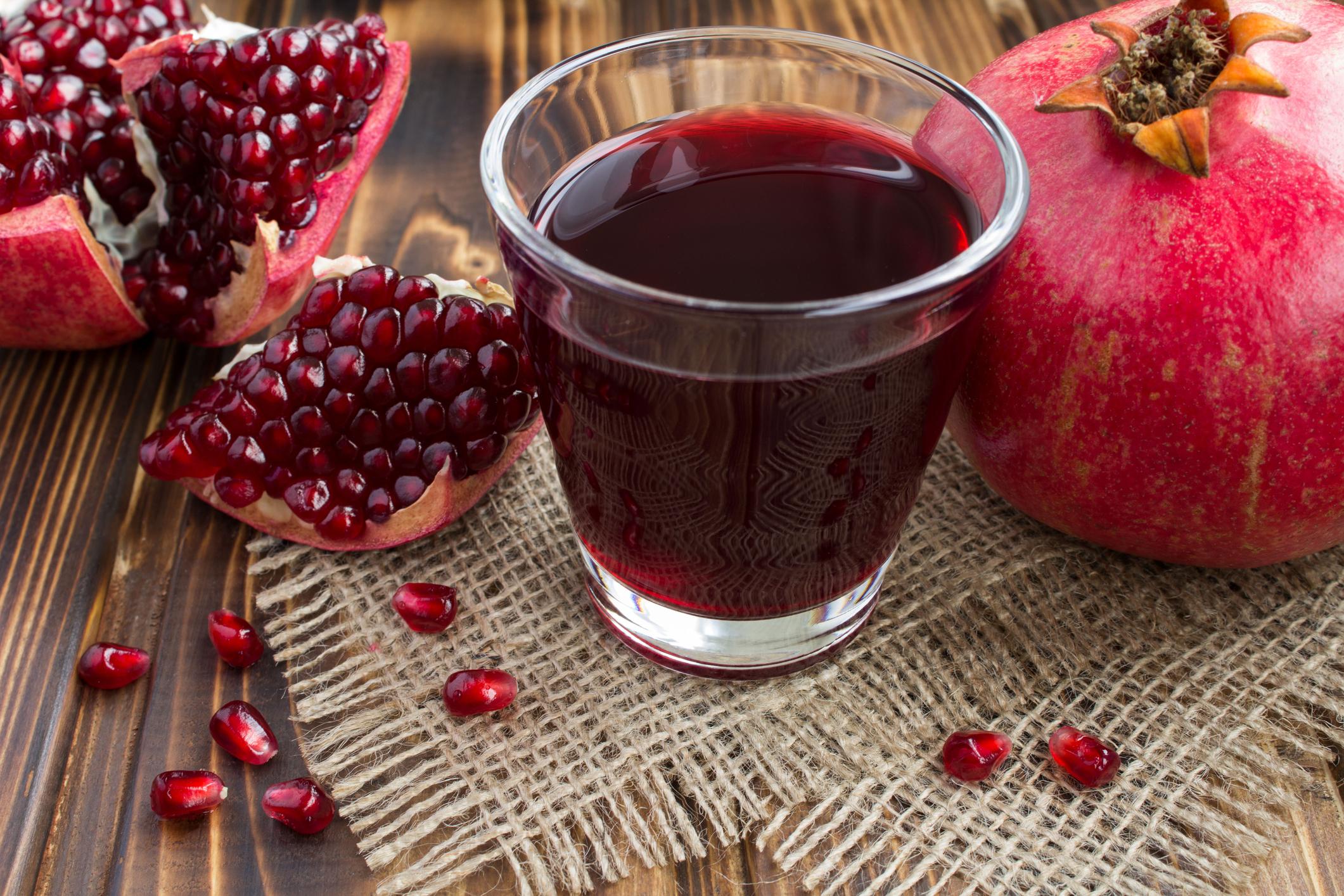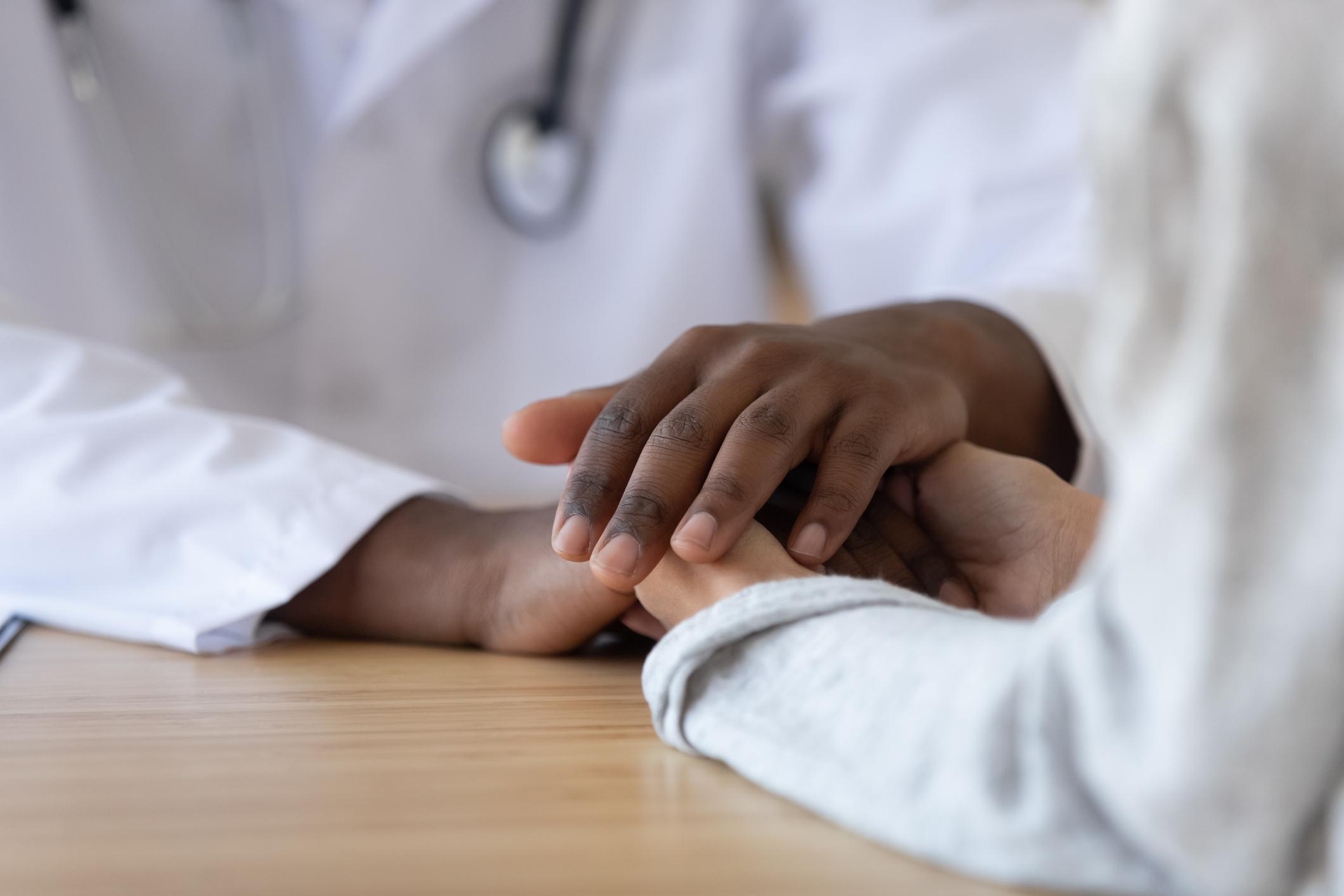
Symptoms and complaints of a benign prostate enlargement
The prostate. Many men do not know what this organ does and that it can cause complaints with age. Because when urinary symptoms occur, a benign prostate enlargement can be the cause. Benign prostatic hyperplasia is also known as Benign Prostatic Hyperplasia (BPH). About 50 percent of men over 50 have an enlarged prostate.
What does the prostate do?
The prostate is part of the male reproductive system. This walnut-shaped gland is located just below the bladder outlet and around the urethra. It produces prostate fluid and transports sperm cells. It also ensures that semen is squeezed out through the urethra. The sex drive and the erection of the penis are not regulated by the prostate. Normally, the prostate is about fifteen millimeters in size, but that can grow to about one hundred millimeters. Around the age of 40, your prostate may have grown to the size of apricot and at the age of 60 it may even have grown to the size of lemon. This is a very normal, natural phenomenon.
Heredity
If an enlarged prostate runs in your family, you are slightly more likely to get it. However, a larger prostate does not always cause more or more serious complaints. There are men with a very large prostate that have almost nothing to do with it and men with a smaller prostate that is very in the way and causes complaints. It differs from person to person.
The symptoms of prostate enlargement
That your prostate is growing is therefore not abnormal. An enlarged prostate does not always have to cause complaints. But it is possible. Because this organ surrounds the urethra, it can slightly ‘squeeze’ this tube as it grows. It then becomes difficult to force the urine through the urethra. The urine stream becomes less powerful and it sometimes takes a while for the urine to come out. And when it comes out, it takes a long time for you to pass urine, because it is only a thin trickle or it even goes drop by drop.
International Prostate Symptom Score
To determine to what extent certain complaints are caused by a growing prostate, a test has been developed: the International Prostate Symptom Score (IPPS). This questionnaire was developed by the American Urological Association and is recommended by the Dutch Association for Urology (NVU) to get the complaints in a row. For each of the complaints, the frequency is asked. There are online tests based on this IPSS that give a good indication of the extent to which you suffer from urinary complaints. Do you still have doubts about whether your complaints are caused by a benign prostate enlargement? Then print the score and take it with you to the doctor.
The most common urinary complaints
- You need to urinate more often during the day.
- You often have to get up at night to urinate, which makes you sleep less well (and so does your partner!).
- The puddle is difficult to start or has a weaker jet.
- You drip after urinating.
- You go to the toilet to pee and then (almost) nothing comes.
- It is less successful to urinate completely.
- It is less successful to hold the pee for a long time.
- Sometimes you are temporarily unable to urinate.
Rectal Exam
Based on your urinary symptoms and the score of the prostate test, the doctor will probably examine the prostate using a finger in the rectum. This examination is also called a rectal examination and gives a first impression of the shape and size of your prostate. The doctor also feels whether the prostate is firm and whether there are no strange lumps or nodules. It is usually not really painful. However, many men find it an unpleasant feeling.
What can you do yourself?
Depending on the rectal examination, the GP will decide whether and if so which follow-up steps are necessary. Sometimes it is decided to prescribe medication, but often an annual check-up is sufficient to monitor the growth. There are also a number of things you can do in daily life to reduce the complaints:
- An enlarged prostate is associated with being overweight, so it pays to lose weight.
- Drinking coffee and alcohol and eating too spicy food is not recommended because it can irritate the bladder.
- Green tea, on the other hand, is rich in protective substances and tomatoes and tomato puree contain lycopene, which has good properties for the prostate.
- Sufficient exercise and sufficient drinking water are also part of the lifestyle advice for urinary complaints due to benign prostate enlargement. This fluid intake is especially important, because many men with urinary complaints start drinking less to prevent these complaints. Drinking too little will only make the symptoms worse. However, you may be advised not to drink anything late in the evening, so that you do not have to get out of bed to pee.
Sources):









